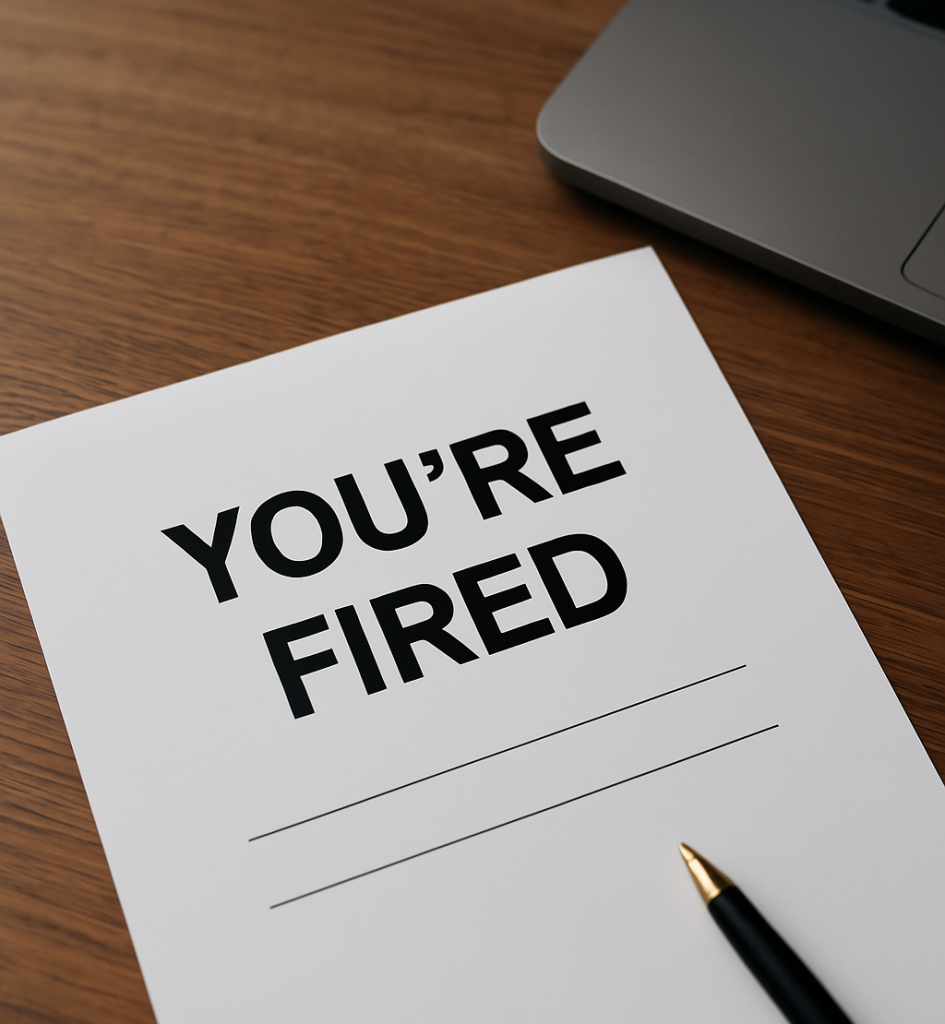Can You Be Fired for Political Speech Outside of Work? In Some States, Yes.
When Heather Smith emailed her state representative about a workplace COVID-19 vaccine mandate, she wasn’t expecting her employer to find out—let alone fire her. But that’s exactly what happened.
Ms. Smith, a former employee of BlueCross BlueShield of Tennessee, reached out to lawmakers in 2021 asking for legislative protections against vaccine requirements. Her email was later read aloud during a special session at the Tennessee General Assembly.
Soon after, her employer let her go.
She sued. The case made its way through the courts. And in a recent decision, the Tennessee Supreme Court sided with the company, not the employee.
The ruling? Private employers are not bound by the First Amendment. In other words, you can be fired for expressing your political views outside of work—depending on where you live.
Not All States Treat This the Same
There’s a widespread belief that the Constitution protects people from being punished for speaking out. That’s true—but only when the government is the one doing the punishing.
Private employers? That’s a different story.
Some states, however, have stepped in to fill the gap. These states have passed laws that protect employees from being fired for what they say or do on their own time, especially when it comes to political activity.
Where Political Speech Gets More Protection
If you're politically active—or just opinionated—here are a few states where you're less likely to lose your job over it:
California
Employees in California are protected from being disciplined for lawful, off-duty conduct. That includes political activity like protests, petitions, or campaign work—so long as it doesn’t interfere with job performance.
New York
New York law bars employers from retaliating against workers for political views or affiliations expressed off the clock, away from the workplace.
Colorado
Colorado protects any lawful off-duty activity, with limited exceptions. It’s one of the most employee-friendly states in this regard.
Connecticut
In Connecticut, employers can’t fire you for exercising free speech rights unless it clearly disrupts your work.
Other states have similar provisions, but many—like Tennessee—don’t offer those safeguards.
What Legal Experts Say
The case out of Tennessee has renewed interest in the tension between employee speech and employer control. Legal scholars have long debated whether private companies should have the power to discipline workers for what they say in their personal lives.
“State laws in roughly half the states do limit some such private restrictions on speech and political activity,” said Eugene Volokh, a professor at UCLA School of Law who specializes in free speech and constitutional law.
Meanwhile, the Harvard Law Review recently noted the complexity of these cases, writing that our legal system has yet to draw a clear line between speech protected by public policy and speech vulnerable to private control.
The Bottom Line
If you work in a state that hasn’t enacted laws protecting political expression, your job could be at risk—even if your speech is legal, respectful, and completely unrelated to your work duties.
That reality is catching some workers off guard.
Smith’s case may not have changed Tennessee law, but it’s becoming a cautionary tale for employees who assume their rights extend into the private workplace.
What You Can Do
-
Read up on your state’s labor laws. Some are more protective than others.
-
Check your employment agreement. Social media and conduct clauses can be surprisingly broad.
-
Consult a labor attorney if you think you were disciplined unfairly.
And maybe think twice before hitting “send” on that fiery email—at least until you know where your state stands.
More Articles from Lawyer Monthly
-
🔹 University of Sussex Fined £585,000 for Free Speech Violation
A landmark penalty over campus speech restrictions raises major questions about institutional accountability in UK universities. -
🔹 Tennessee Man Convicted in $2 Million Ponzi Scheme
Federal prosecutors secured a conviction in a high-profile fraud case involving dozens of victims across multiple states. -
🔹 BlackRock Agrees to New ESG Disclosure Rules in Tennessee Settlement
The finance giant faces stricter transparency requirements after settling with state regulators.






















